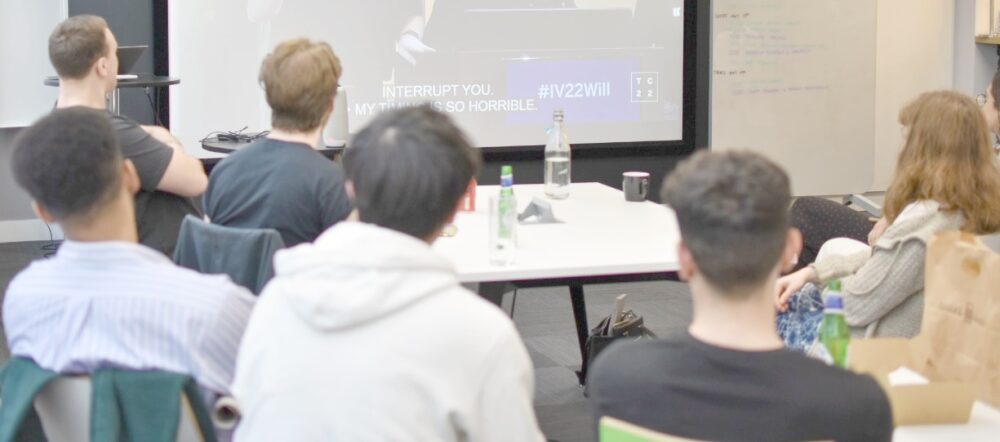
I have 5 years of previous experience in consulting and 3 years of experience in consulting at The Information Lab, so I decided to write a short article to help new consultants with their journey. This is from my perspective, people can see things differently.
What is a consultant?
Consultant is a person who a company hires for advisory and implementation. Usually that means that either you work alone and you come to a company as an expert or you are a member of the team of consultants who are focused on one area (usually requiring technical skills that the full time employees lack) and the manager of that team is a full time employee. Usually there is a rotation in the team, so some consultants will be leaving, new ones will be coming.
As a consultant you are usually paid for eight hours a day, five (or less) days per week, so make sure you can account for that time if someone asks you what kind of billable work were you doing (drinking coffee is not a billable work :-D) The best way is to take notes at the end of each week of what you did and what are you planning to do next. It might be more formal where you are expected to have a written statement of work or less formal in a form of a small notepad document with your notes on what has been completed.

How is consultant different from a full time employee?
There are several differences between the consultants and the full time employees:
- You might not get the same package as far as private health care goes (or dental)
- You might have different number of days off
- You might not be able to use some of the employee discounts or get a discount/free meal in a cafeteria
- You might not be invited to some of the company events and if you are invited you might need to pay for your food or drinks.
Corporate language
There is a special language being used in business emails called the corporate language, you should familiarise yourself with it. Check how other people write their emails. If you don't know about it, you might get feedback that your emails sound rude. If this happens to you, try reading your emails without intonation or ask someone else to read them back to you to see if there are any sentences which can be interpreted differently if there is no voice to help carry the message.
On the first day
Have a success story prepared as people tend to ask about your achievements on your first day/week. It would be the best if it is related to the software you are working with (a successful upgrade, migration project, dashboard optimisation), but doesn't have to be. If you don;t have any success stories it can be an example of how you overcame a difficulty in the past.
Wear business casual if you don't know the dress code of the company. It will help you blend in if the business attire is required. If the company is not so strict about the dress core and everyone else wears shorts, you might feel like you stand out, but it is not a bad thing on the first day. People will be more likely to help you if they see you look different, so don't worry about it.
Make sure you have a phone number to someone in the office you are about to show-up. If by accident you take the wrong train, you can call that person that you will be late and if you cannot find/access the building, they can come down and help you deal with the situation.
Good luck!
